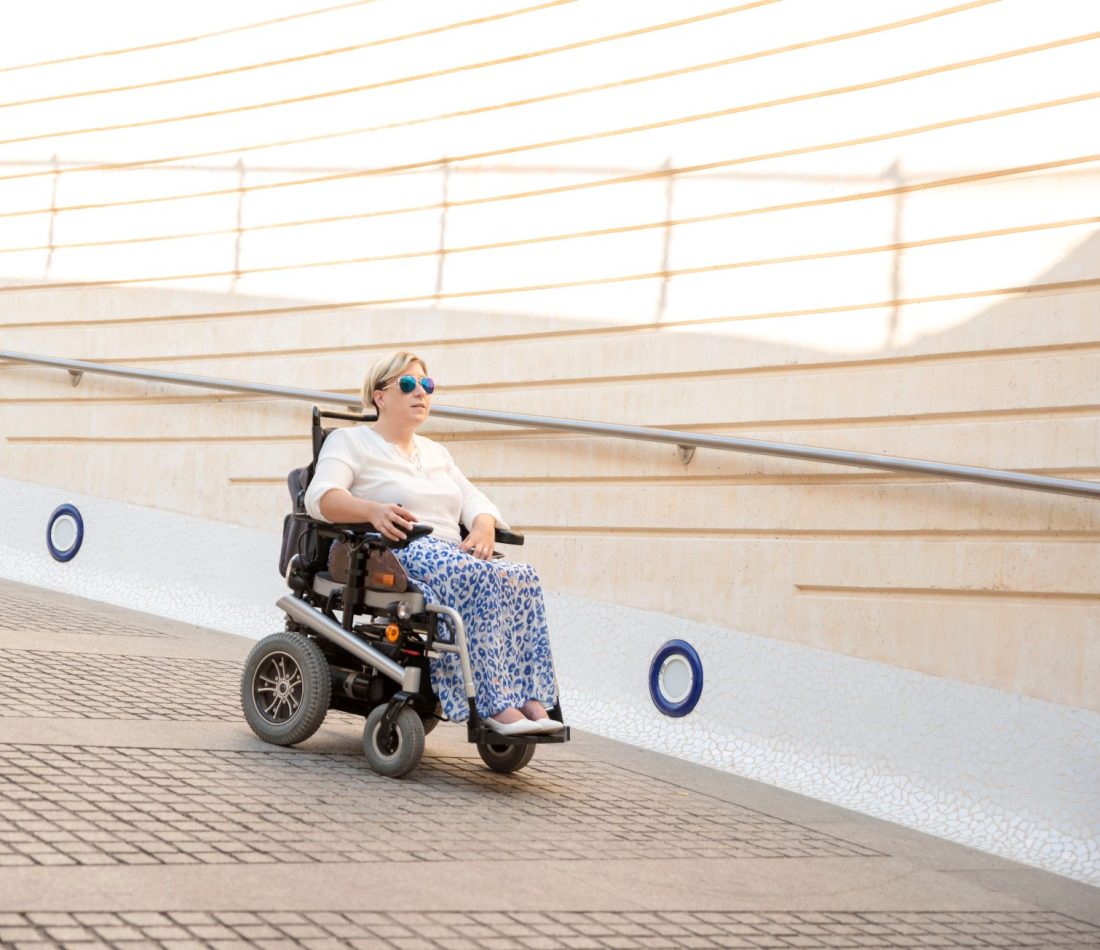Disability Rights Arizona (DRAZ) works to ensure that people with disabilities have access to public places in their communities. DRAZ’s work includes advocating that new construction of facilities be built within ADA accessibility standards, existing facilities remove barriers to access, and that public accommodations with brick-and-mortar stores and government agencies provide accessible mobile apps and websites.
Accessibility
- 4 months ago
- Handouts
- English
